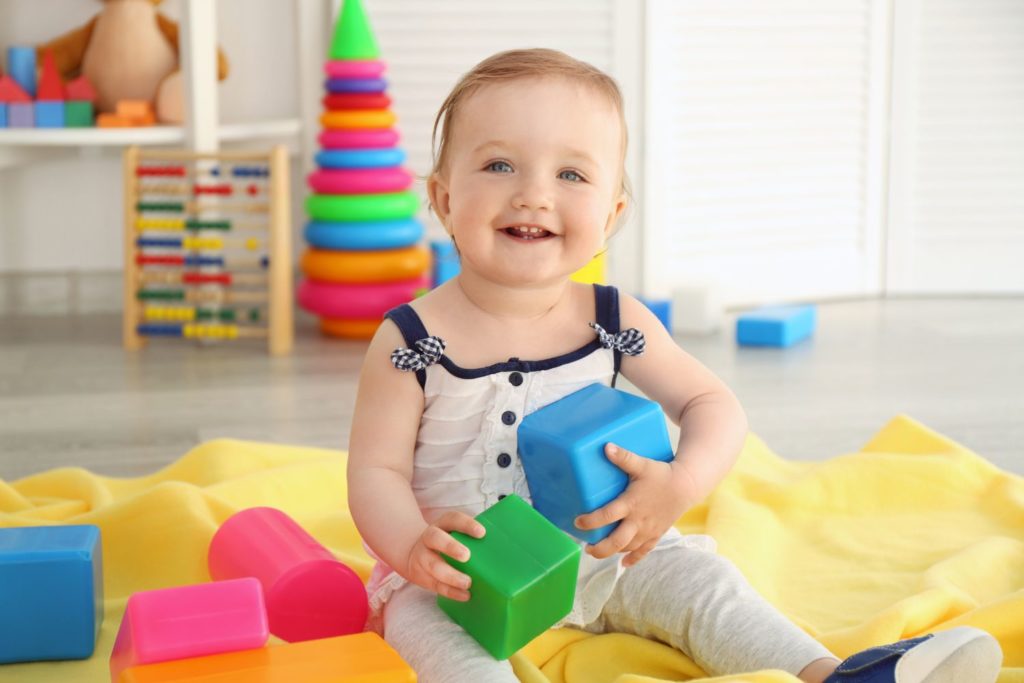The Best Educational Toys and Games for Every Age: Choosing the Right Tools for Learning and Development
Hey there, wonderful parents! 🌟
Choosing the right toys for your child is not only about fun and entertainment but also about fostering their learning and development. With so many options available, it can be challenging to find the best educational toys and games that are age-appropriate and beneficial. Whether you have a curious toddler or a tech-savvy tween, I’ve got you covered! Let’s explore the best educational toys and games for every age group, ensuring your child’s playtime is both enjoyable and educational.
Why Educational Toys Matter
Educational toys are designed to stimulate learning and development in children. They can enhance various skills, such as cognitive abilities, fine and gross motor skills, problem-solving, creativity, and social interaction. By choosing the right toys, you can support your child’s growth in a fun and engaging way.
For Babies (0-12 Months)
At this stage, babies are exploring the world through their senses and developing basic motor skills. Look for toys that are safe, colorful, and stimulating.
Top Picks:
- Soft Blocks: Soft, colorful blocks are perfect for stacking and knocking down, which helps develop motor skills and hand-eye coordination.
- Activity Gyms: Activity gyms with hanging toys, mirrors, and textures encourage sensory exploration and physical movement.
- Rattles and Teethers: These toys are great for grasping, shaking, and soothing sore gums.
Benefits: These toys promote sensory development, motor skills, and early cognitive abilities.
For Toddlers (1-3 Years)
Toddlers are active explorers who are developing language, motor skills, and problem-solving abilities.
Top Picks:
- Shape Sorters: These toys help toddlers learn shapes, colors, and improve hand-eye coordination.
- Building Blocks: Classic building blocks foster creativity, spatial awareness, and fine motor skills.
- Musical Instruments: Simple instruments like drums, xylophones, and shakers introduce rhythm and coordination.
Benefits: These toys support cognitive development, language skills, and fine motor coordination.

For Preschoolers (3-5 Years)
Preschoolers are curious and eager to learn. They benefit from toys that encourage imaginative play, early literacy, and numeracy skills.
Top Picks:
- Alphabet and Number Puzzles: Puzzles with letters and numbers help with early literacy and math skills.
- Pretend Play Sets: Toys like kitchen sets, doctor kits, and dollhouses encourage imaginative play and social skills.
- Art Supplies: Crayons, markers, and craft kits foster creativity and fine motor development.
Benefits: These toys enhance cognitive skills, creativity, and social interaction.
For Early School Age (5-7 Years)
Children in this age group are developing more complex thinking skills and enjoy toys that challenge their minds and bodies.
Top Picks:
- STEM Kits: Science, technology, engineering, and math kits introduce basic concepts through hands-on activities.
- Board Games: Age-appropriate board games teach strategy, cooperation, and critical thinking.
- Educational Tablets: Tablets designed for kids offer interactive learning apps covering a range of subjects.
Benefits: These toys promote critical thinking, problem-solving, and cooperative play.

For Tweens (8-12 Years)
Tweens are developing their interests and enjoy toys that allow them to explore hobbies and advanced concepts.
Top Picks:
- Robotics Kits: These kits teach coding, engineering, and problem-solving through building and programming robots.
- Advanced Board Games: Games like chess or strategy-based games enhance logical thinking and strategy skills.
- DIY Craft Kits: Kits for sewing, model building, or other crafts encourage creativity and fine motor skills.
Benefits: These toys support advanced cognitive development, creativity, and specialized interests.

Tips for Choosing Educational Toys
- Age Appropriateness: Ensure the toy is suitable for your child’s age and developmental stage.
- Safety: Check for non-toxic materials, sturdy construction, and age-appropriate small parts.
- Engagement: Choose toys that will hold your child’s interest and encourage them to explore and learn.
- Learning Goals: Consider what skills or concepts the toy aims to develop, such as language, math, science, or creativity.
- Versatility: Look for toys that can be used in multiple ways to grow with your child’s interests and abilities.
Choosing the right educational toys and games for your child can greatly enhance their learning and development. By selecting age-appropriate toys that engage their curiosity and creativity, you’re providing them with the tools they need to thrive.
By choosing the best educational toys for your child’s age and interests, you can support their development in a fun and engaging way. These toys not only provide entertainment but also foster essential skills that will benefit your child as they grow. Enjoy discovering the perfect toys for your little ones and watching them learn and thrive!

